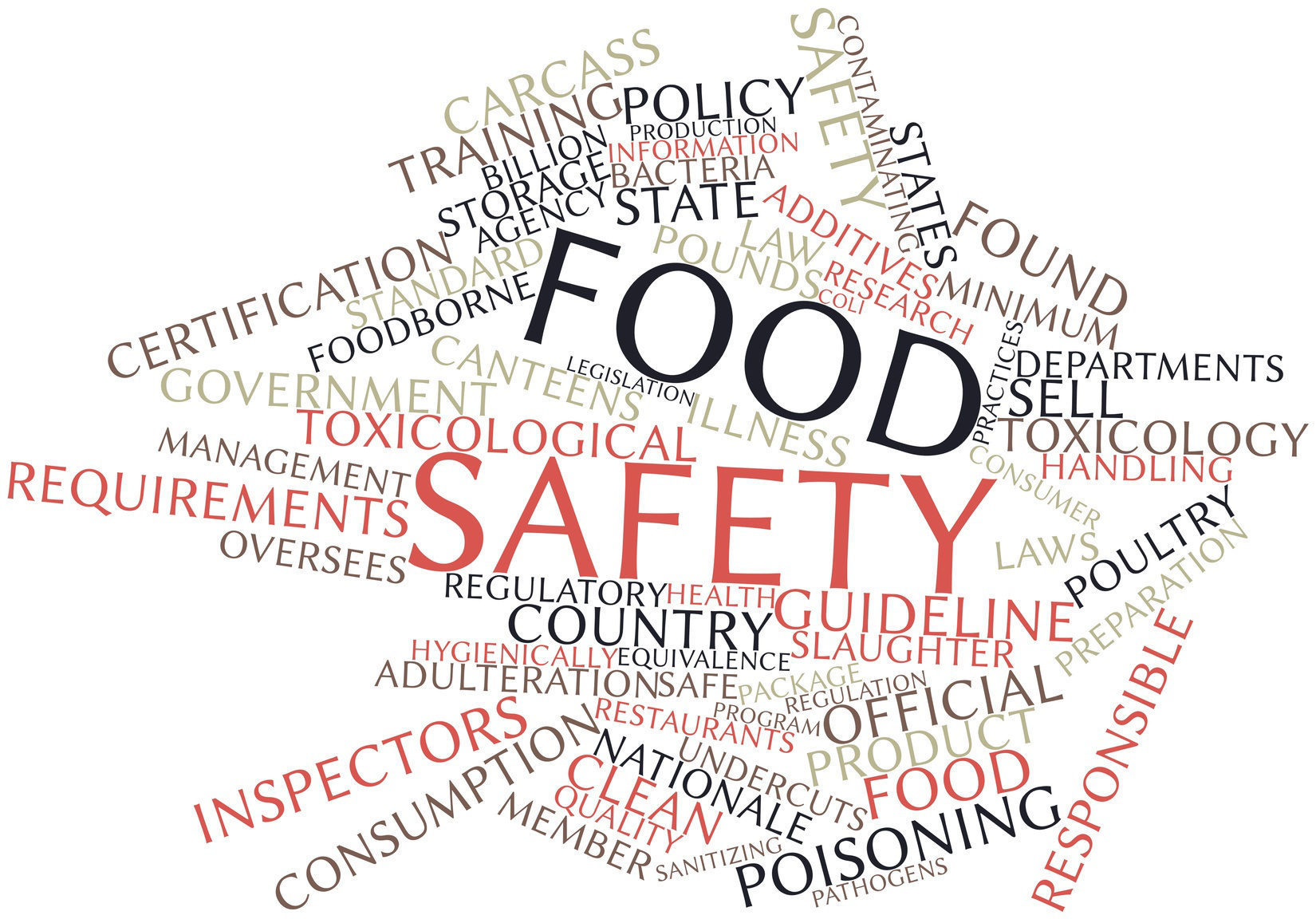Home Baking: Are you familiar with the requirements, startup and operation?
If you are a baking/food enthusiast and have always wanted to start a home baking business, this could be your opportunity! Currently there are two types of home-baking businesses permitted in many states…A “Cottage Food Kitchen” and a “Commercial Kitchen”. If you’re not familiar, here’s a brief description. Cottage Food Kitchens are operated from the personal kitchen and Commercial Kitchens are typically operated from a separate room/space in the home like a basement, lower level or a garage. Both businesses have similarities yet distinct differences. Each business/kitchen setup is governed by different laws, rules and regulations. Therefore, if you’re entertaining the notion of starting either of these businesses, it would be wise to thoroughly research the requirements of both before making a choice or spending money.
While both businesses deserve equal time, in this article, I decided to focus on the Cottage Food Kitchen and Cottage Food Laws. Not to be left out, I’ll discuss Commercial Kitchens in an upcoming article-too much to cover here!

So, what are “Cottage Food Laws” and how do “Cottage Food Kitchens” operate? Cottage Food Laws (sometimes referred to as Home-Food Processing Rules, Cottage Food Rules and Baker’s Bills) govern baking/food preparation businesses that are operated from the home kitchen. Cottage Food laws allow a person to legally bake and prepare non-potentially hazardous foods from their personal kitchens and sell them on a small scale, generally directly to consumers and farmers markets. In a very few states sales are allowed to restaurants and grocery stores. Note: Cottage Food Laws have not been approved in all states. Additionally, the rules and regulations vary from state-to-state.
Generally, a potential Cottage Food Kitchen must undergo some type of scrutiny, pass an inspection and some form of license or permit must be secured. The following will give you a sampling of the requirements, limitations and restrictions across the states.
• Typically, only non-potentially hazardous foods are allowed to be processed in a Cottage Food Kitchen. Baked goods such cakes (certain types restricted), cookies, pies (certain types restricted) and breads are allowed. Jams, jellies, nut mixes, dry mixes, granola, popcorn, and certain types of candy are usually allowed.
• Typically, a permit, license or some type of approval from at least one of the following is required: local zoning department, department of agriculture, department of health or business license office.
• Typically, product sales are limited to consumers/individuals. Generally, no sales allowed to restaurants, cafés, coffee shops, caterers, hotels, etc. In other words, no sales allowed to businesses that will resell your products. That said, a few states do allow sales to businesses that will resell.
• Typically, you are not allowed to sell products online. You can however, operate a website for advertising and marketing purposes. Generally, out-of-state sales are not permitted.
• Typically, there is a limit/cap on the dollar amount of annual gross sales, with sales allowances ranging from $5,000 to $50,000.
• Typically, pets are not allowed in the home.
• Typically, product labels are required and must be prepared according to each state’s specifications. Additionally, a disclaimer which states the product has not been prepared in an inspected kitchen/facility might be required.
These are just a few details of the Cottage Food rules, regulations and how they operate. As mentioned earlier, laws will vary state-to-state with some states being more limiting and restricting than others.
Over the past 4 years, there’s been a lot of activity in the Cottage Food Industry. Currently there are 25 states with Cottage Foods Laws, 9 states with very restricted Home Food Processing Rules, 3 states with pending legislation, 8 states with petitions for laws and 5 states that have no Cottage Food Laws.
As each state signs/enacts Cottage Food legislation, more food enthusiasts are given the opportunity to affordably start their businesses, legally try out their products in the marketplace, develop a customer base and generate funds required to take their businesses to the next level. Additionally, many people are able to supplement income or create a total livelihood from their home baking businesses.
Still interested in starting a Cottage Food Business? Your first task as a potential cottage-food business operator is to find out if your state has a Cottage Food Law. If one exists, find out exactly what’s required by the state, district or county. Typically, the Department of Health or the Department of Agriculture governs, approves and oversees cottage food businesses.
Is this your opportunity? If so, don’t procrastinate and don’t be afraid to ask questions. No better time to get started than NOW!
For more information on each state’s Cottage Food Law status and getting a Cottage Food Business started, go to: http://www.BringingHometheBaking.com.

